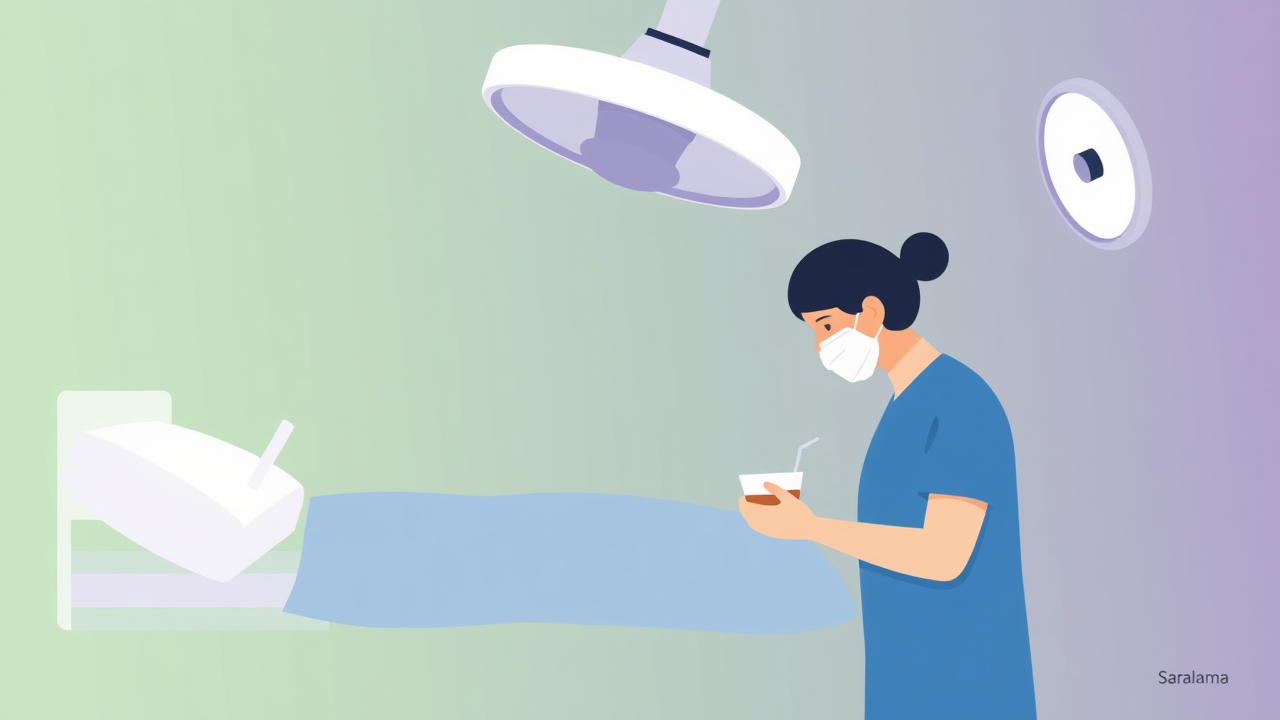Patients undergoing surgery are strictly told not to eat anything beforehand, not even small snacks like nuts or a banana. This practice is called NPO or Nothing By Mouth and is a scientifically grounded guideline to protect patient safety. The standard rule requires fasting for eight to 12 hours before surgery, with clear liquids sometimes allowed but solid food prohibited for at least eight hours. When anaesthesia is given, the body's natural reflexes, including swallowing and coughing, are temporarily paused. If food or liquid remains in the stomach, it could rise up and enter the lungs, causing choking or aspiration pneumonia. Keeping the stomach empty ensures anaesthesia works safely and surgery proceeds smoothly. This rule applies to nearly all surgeries, whether small or major. Following fasting guidelines is essential for a safe procedure and faster recovery.

Why Fasting Protects Patients During Surgery
Fasting before surgery is more than a medical rule; it is a critical safety measure. During anaesthesia, the body's natural reflexes stop working temporarily. If the stomach contains food or drink, it can come back up and accidentally enter the lungs, leading to serious complications like choking or aspiration pneumonia. This guideline applies to almost every surgery, regardless of size. The duration of fasting may vary depending on the type of surgery and the patient's health. By keeping the stomach empty, doctors reduce the risk of nausea and vomiting after surgery. Strict adherence to fasting guidelines enhances surgical safety, lowers complications, and speeds up post-operative healing for every patient.
Source: Link
